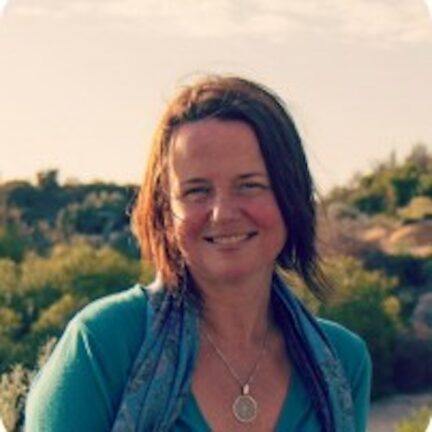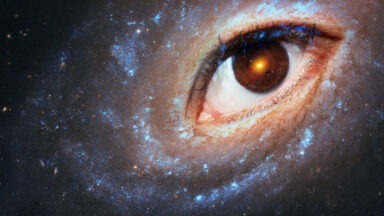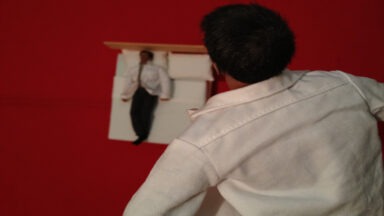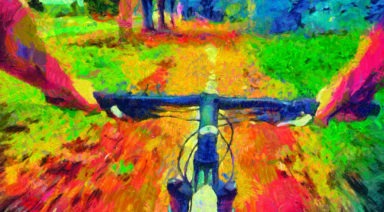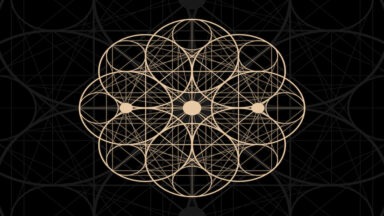Lucid Dreaming Makes Your Dreams Come True, Literally

Everyone dreams, even if they don’t remember; however, not everyone is aware of the dream while they are dreaming. Lucid dreaming is the ability to be conscious in the dream state and make willful changes. Tibetan Buddhists call this consciousness practice Dream Yoga, and it has the support of modern neuroscience. In an interview with Lilou Macé, Charlie Morley, a self-described Lucid Dreaming Teacher, explains the many benefits of lucid dreaming and offers simple techniques to begin this practice.
Charlie Morley, author of Dreams of Awakening: Lucid Dreaming and Mindfulness of Dream & Sleep, is a teacher of the holistic approach to lucid dreaming, within the context of mindfulness meditation and Tibetan Buddhism. In 2008, he became one of the first Westerners officially authorized to teach how to lucid dream within the Kagyu lineage of Tibetan Buddhism. This allows him the rare ability to synthesize both Western and Eastern perspectives on lucidity.
He shares his initial experiences of lucid dreaming when he was sixteen years old, and as you can imagine, boys that age often have only one thing on their mind. It wasn’t until some years later that he discovered the power of lucid dreaming to embrace the suppressed unconscious aspects of himself.
“You want a real psychedelic experience? Walk around in your unconscious!” -Charlie Morley
I love the way he calls it dream choreography, like dancing with your unconscious. If you saw the movie Inception, then you may recall the characters’ lucid dreaming experiences and how inception points were created and altered. Lucid dreaming, as Charlie describes it, is Self-Inception, very much like a virtual reality simulator.
When he asked one of his teachers one day about the most important secret of dream yoga, he was surprised by the teacher’s response, “You have to really want to do it. You have to be really fired up.”
Does it sound familiar?
It takes the desire to perform it, and then the willingness and discipline to practice on your way to mastery.
This is not airy-fairy woo-woo stuff. This requires training your mind to recognize the illusion and to be the interface in this reality experience. That means being willing to see all the rejected and disowned parts of yourself and recognizing the projections. That in turn ends the blame game, as it is all you.
So why would you lucid dream? It amplifies your intentions and visualizations a thousandfold.
Just imagine the power that might add to your manifesting! Imagine going into a lucid dream with the intention to rejuvenate your physical body. If you are in physical pain or are experiencing extreme discomfort, it can be quite a challenge to focus your attention elsewhere, but in lucid dreaming state, those distractions aren’t present. You can give your body the experience of being whole again. The body responds to this as if it were real and hence it is reflected in the awake state.
You can imagine the infinite potential and possibilities of what you might create in this state of awareness, and the kind of world we’d co-create when we recognize we are living this dream together.
3 Ways to Positively Reprogram Your Subconscious Mind

What is Your Subconscious?
Our subconscious is the part of our minds that connects the subtle patterns needed to function in life. Our subconscious is programmed to carry out simple tasks so our conscious mind can ponder the complex.
Our brain functions are incredibly intricate with many facets still not fully understood. In computing terms, the number of operations per second that our brains are responsible for reaches into the thousands of trillions. While that number is truly impossible to conceptualize, to put it into perspective, one of the world’s fastest supercomputers was made to mimic one second of one percent of human brain operation by using 83,000 processors – it took the computer 40 minutes to complete the task.
And though our brains are far superior to these artificial processors, like a computer, certain elements of our brain functions can be programmed in different ways. Our brains are conditioned from a young age and from many directions, including society, family, and academia. Some of this conditioning is necessary and desired, but there are also subliminal elements that fly under the radar and can often be subversive and self-defeating. But the good news is that there are conscious steps one can take to correct this.

